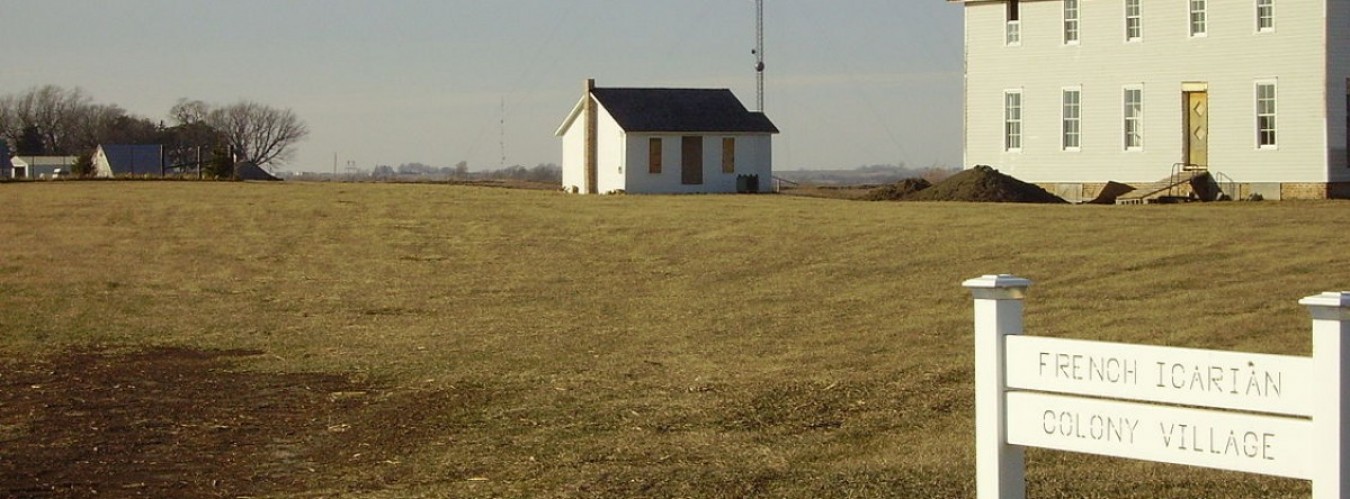Cabet preached the fact that man without the “vices of man” would be perfect, but community contained nothing that eliminated any of the vices and instead just concentrated them in a highly constructed and secluded community. Utopian communities are built upon the ideal of perfection, but it is simple to overlook human nature and the role it plays in life without considering the reasonability of such a jump. Human nature cannot be erased in order to build community despite the best intentions of idealists. Cabet’s theories rely on the Icarians’ ability to give up any vices and adapt into a community while being perfectly content with the restrictions in place. But conflict and laziness broke out in the community. Members refused to complete tasks and Cabet resorted to coercion instead of the community operating smoothly.[1] Cabet himself became entranced with the potential of power and his actions in implementing behavioral restrictions ultimately resulted in his removal from the community.[2] The community itself became a contradiction because it sought to eliminate social constructs, yet Cabet ultimately designed it to operate under a variety of regulations designed to hold the community together, something that idealist-minded members refused to submit themselves to.
[1] Sutton, “An American Elysium: The Icarian Communities,” 292
[2] “Brief History of Icaria,” 7
